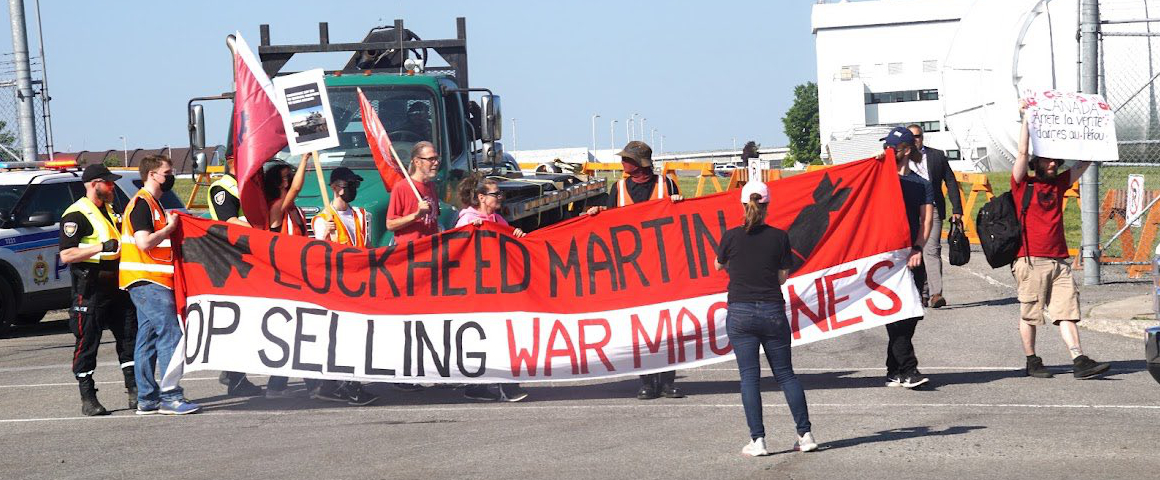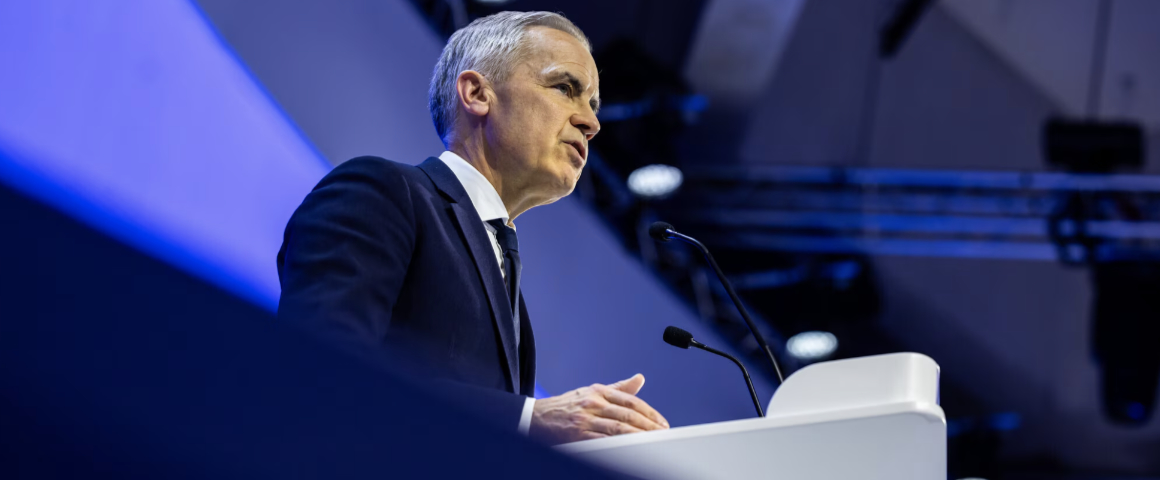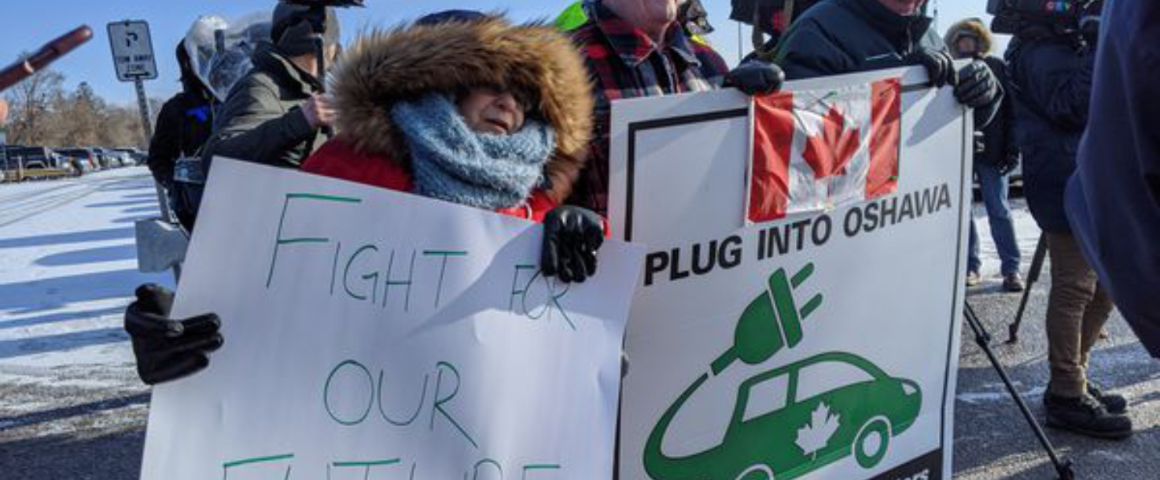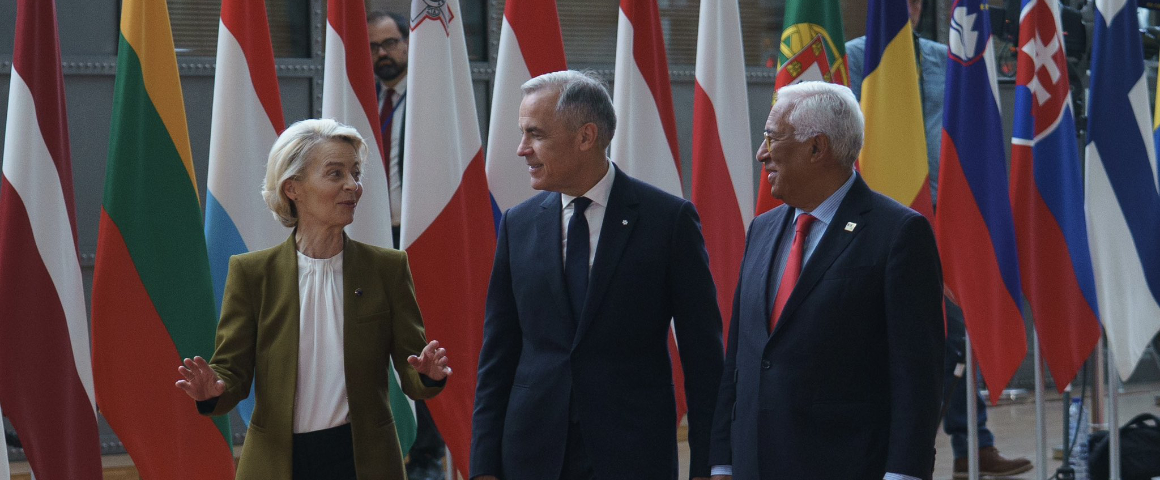By Kimball Cariou
Facing the ominous danger of a wider regional war in the Middle East, the deadly conflict in Ukraine, and no end in sight to the global expansion of imperialist war-making, peace activists from across the country met online October 28-29 for the convention of the Canadian Peace Congress.
One of the original anti-war organizations in Canada, the Canadian Peace Congress was founded in 1949 as an affiliate of the World Peace Council. For over seventy years, the Congress has played a major role in struggles against US imperialism and the NATO alliance, of which Canada has been a key partner since the Cold War era.
During the 1950s, defying the “red scare” tactics of the Canadian government, the Peace Congress was deeply involved in early movements to “ban the bomb” and stop the proliferation of nuclear weapons. In later decades, the Congress and its local chapters were busy in every part of the country, helping to mobilize public opinion against the US imperialist war in Vietnam and to resist Cruise missile testing in Canada.
In the 1980s, under the slogan “Peace is everybody’s business,” the organization worked with other peace groups to form the Canadian Peace Alliance, which was the largest umbrella peace group in Canada until its demise around a decade ago.
The Canadian Peace Congress has always been an outspoken anti-imperialist voice in the broader peace movement, providing a clear and strong analysis of Canada’s growing role in the global imperialist system.
At different times, the anti-war movement in Canada has drawn huge numbers of people in the streets, or experienced temporary declines in mass peace struggles. But the Peace Congress has never faltered in its efforts. Over the past few years, this has included opposition to the NATO drive to expand eastward in Europe and to isolate China, solidarity with the Palestinian people, protests against the huge growth of Canadian military spending, and much more.
The renewed growth of the Peace Congress recently was reflected in the presence of convention delegates representing local chapters in many communities in English-speaking Canada. New chapters are currently being formed in cities such as St. John’s and elsewhere.
Convention delegates held detailed discussions on the political report submitted by the outgoing executive, which gave an overview of the world-wide struggle for peace and disarmament, and about the grassroots work of local chapters. They adopted a number of changes to the constitution and structure of the Peace Congress, aimed at making the organization’s work more effective and coherent across the country.
The convention elected Larry Wasslen – a long-time anti-war, solidarity and labour activist from Ottawa – as the new president of the Congress, to replace Miguel Figueroa who stepped down. After six years in this position, Figueroa now has the role of Past President on the Congress executive, along with three other elected table officers and one representative from each Peace Congress chapter.
The convention received greetings from Iraklis Tsavdaridis of the World Peace Council, US Peace Council president Bahman Azad and Gregoire Beaune, vice president of the Mouvement québecois pour la paix (MQP) – the Quebec partner of the Congress.
The new Peace Congress executive will begin to carry out plans adopted by the convention delegates, to strengthen the work of the organization across the country. President Larry Wasslen will soon be on the road, meeting with local chapters as they swing into action on the crucial issues facing the world at this dangerous time, most immediate of which is Israel’s genocidal siege of Gaza.
For more information, readers can visit the Peace Congress website.
Kimball Cariou is a long-time peace activist in Vancouver and was a delegate to the Peace Congress convention
Support socialist media!
If you found this article useful, please consider donating to People’s Voice or purchasing a subscription so that you get every issue of Canada’s leading socialist publication delivered to your door or inbox!
For over 100 years, we have been 100% reader-supported, with no corporate or government funding.




